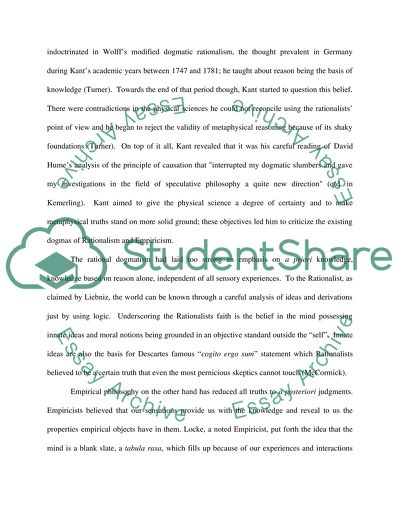Cite this document
(Kants Investigations into the Rationalists and the Empiricists Defi Case Study, n.d.)
Kants Investigations into the Rationalists and the Empiricists Defi Case Study. Retrieved from https://studentshare.org/philosophy/1549863-modern-philosophy
Kants Investigations into the Rationalists and the Empiricists Defi Case Study. Retrieved from https://studentshare.org/philosophy/1549863-modern-philosophy
(Kants Investigations into the Rationalists and the Empiricists Defi Case Study)
Kants Investigations into the Rationalists and the Empiricists Defi Case Study. https://studentshare.org/philosophy/1549863-modern-philosophy.
Kants Investigations into the Rationalists and the Empiricists Defi Case Study. https://studentshare.org/philosophy/1549863-modern-philosophy.
“Kants Investigations into the Rationalists and the Empiricists Defi Case Study”. https://studentshare.org/philosophy/1549863-modern-philosophy.


